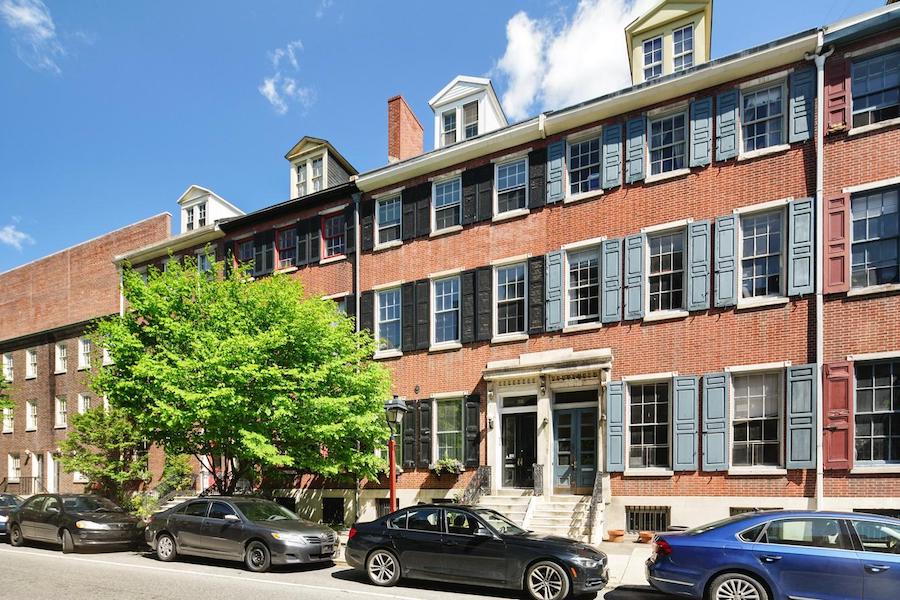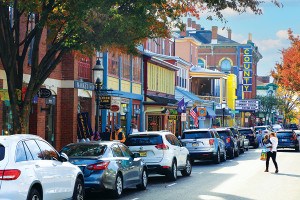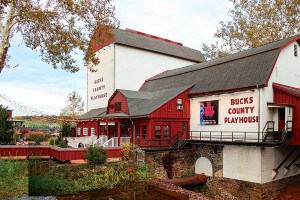Before You Buy an Older House, Check Its Insides Out
That older house you're about to buy could turn out to be a dream. But if you don't check out the shape it's in beneath the walls first, you could get stuck with a nightmare instead.

Older houses have character and style that newer houses often lack. But they may also have hidden demons lurking behind their walls. | Bright MLS image via Compass
Houses don’t always age like fine wine, but when they do, they can be worth more than you think. Older houses are also often better built than many newer houses. But older houses’ guts often aren’t up to modern standards, and if the old house of your dreams hasn’t had a makeover, you may find yourself shelling out a bundle to bring it up to snuff after you’ve got the keys.
So if you’re considering buying an older house that hasn’t been totally rehabilitated, you should approach your purchase with care. Joseph Giannone, owner of Joseph Giannone Plumbing, Heating & Air Conditioning in South Philly, offers these four tips to help you avoid trouble when buying the vintage house of your dreams.
Check who’s been repairing the house’s basic systems
It’s important to check if the seller had professionals repair basic systems or went the do-it-yourself route. Giannone points out that do-it-yourselfers don’t keep records of their work and they normally end up installing non-professional-grade products. These products often don’t have the same kind of warranties protecting the work as professional-quality goods do.
Have a pro do the home inspection
You need to know the ins and outs of this house before your big purchase. Giannone recommends calling up a service and repair professional to do a home inspection rather than relying on home inspectors. Home inspectors are useful, but they can’t give you a precise examination of its systems. Nor can they give you a repair estimate if something is wrong with the house because they’re not licensed.
Check the condition of the “big five” items
Electrical systems, windows and doors, heating and air conditioning, roof, and sewer and water lines: You need to make sure all of these are in good condition before the purchase, or if they’re not, you should at least know what minor or major issues may arise. “Those are the things that could really be a financial setback,” says Giannone.
Is your house just old, or is it historically certified?
It’s your responsibility to find out everything about the house’s past and know what ownership of the house might entail. Some people end up owning a historically certified home without even realizing it because they haven’t checked the status of the house before they sign the contract.
Fixing up a certified historic home can be a pain because those homes have to follow specific rules set up by the local historical commission. Those rules can add to the cost of your repairs. But don’t worry; this information is not hard to find. Giannone says it should be disclosed in the agreement of sale. Make sure you read it carefully before you sign that paper!


